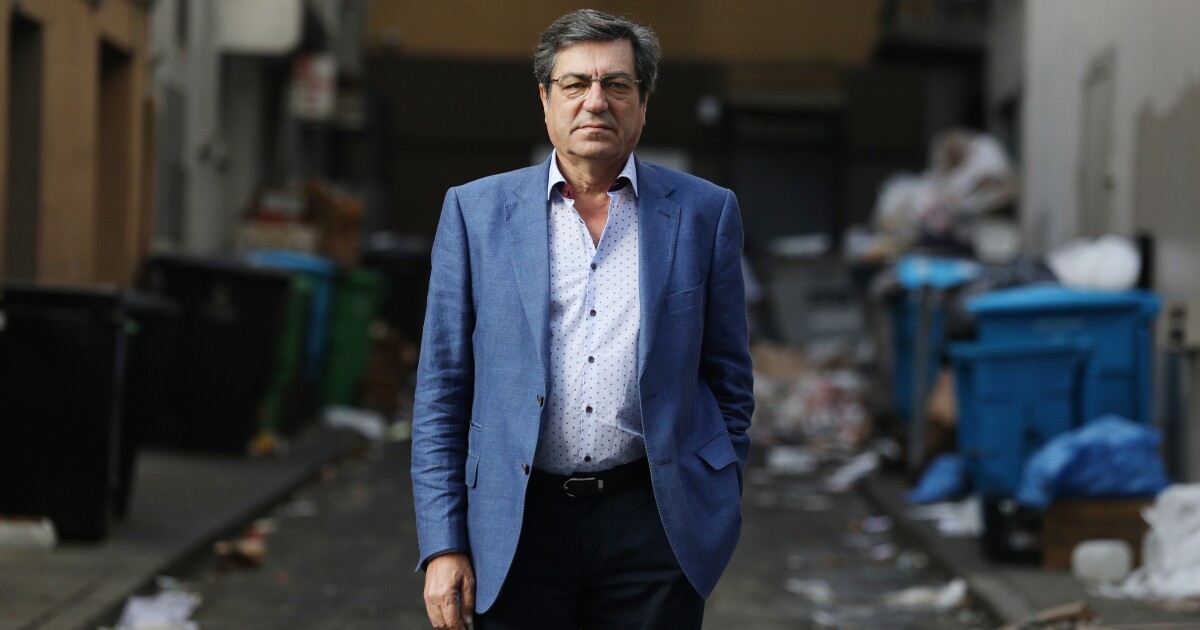Talk to people addicted to street drugs in Lisbon, Portugal’s capital, and you hear confusion and dismay over the carnage of overdose deaths taking place an ocean away in the U.S.
Ana Batista, a soft-spoken woman in her 50s who’s been addicted to heroin for years, said she hasn’t lost a single friend or family member to a fatal overdose.
“No, no, no,” she said, speaking at a safe drug consumption clinic, where she had come to inject under the supervision of nurses and counselors.
Liliana Santos, 41, a woman with a sad weathered face who had come to the clinic to smoke heroin, voiced similar bafflement.
Had she lost friends or family? “No.” Had she overdosed herself? She shook her head: “No, no.”
The contrast is striking. In the U.S., drug deaths are shatteringly common, killing roughly 112,000 people a year. In Portugal, weeks sometimes go by in the entire country without a single fatal overdose.



Is it because they treat the actual problem, and not regard drug users as expendable criminals? Yeah, that’s it.